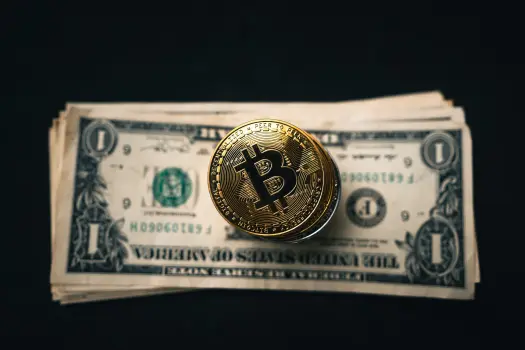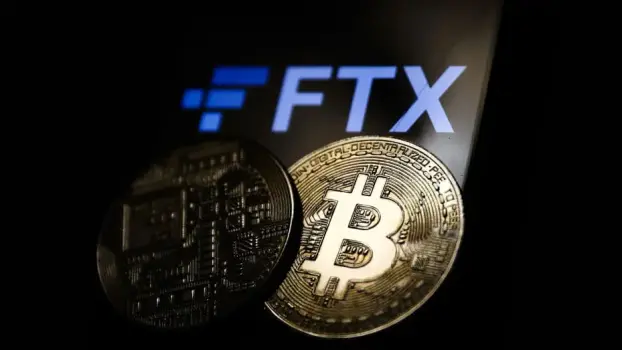Weekly Wrap-up: Crypto correction, regulatory concerns, and meme coins
Amid debates around short selling and regulatory clarity for cryptocurrencies, meme coins surged, while Bitcoin and Ethereum experienced losses.

Equity Market Dynamics and Regulatory Implications
This week, the financial market witnessed intense debates around the practice of short selling, as an investment strategy banking on the depreciation of a security's price. The discussion was triggered by substantial price fluctuations in several regional banks, including Pacific Western and First Horizon. These unexpected price movements led industry insiders to attribute market anxieties to short sellers' actions. This sentiment was shared by banking giant JPMorgan and the American Banker Association (ABA), which both conveyed their concerns to the U.S. Securities and Exchange Commission (SEC).
In addition to the short-selling controversy, regulatory challenges regarding digital assets are becoming a crucial issue. Washington lawmakers are grappling with the complexity of introducing new regulations for digital assets. The focal point of their debate is how to classify tokens - as securities or commodities - a decision that will determine whether the SEC or the Commodity Futures Trading Commission (CFTC) will have jurisdiction.
The Role of Meme Coins in the Emerging Digital Asset Class
Meme coins have surged in popularity recently. A Twitter video highlighting the ease of launching a meme coin crypto project went viral, leading to concerns about a potential increase in fraudulent activities such as rug pulls. With over 500 meme coins listed on CoinMarketCap, industry insiders believe the actual number could be significantly higher.
Notably, Coinbase, a leading crypto exchange, faced backlash after an email described the Pepe the Frog meme as a "hate symbol," prompting calls for a boycott of the platform. In another surprising development, the Milady memecoin saw a staggering 5,250% surge following a tweet from Elon Musk, despite the coin's developers warning that it has no intrinsic value or expectation of financial return.
Performance of Key Cryptocurrencies amid Dollar Resilience
Despite a brief upswing following the release of lower-than-expected U.S. inflation readings, the two major cryptocurrencies, Bitcoin and Ethereum, ended the week with moderate losses. Bitcoin, despite being accepted for state services in Liechtenstein, saw a 7.9% drop to $26,817. Ethereum dipped by 5.8% to $1,800. These losses coincided with a strengthening dollar, which typically has an inverse correlation with Bitcoin.
The Future of Digital Currencies amidst Market Volatility
Despite the volatile week, countries and states continue to acknowledge and embrace digital currencies. El Salvador, the first to adopt Bitcoin as legal tender, announced it will eliminate taxes on technological innovations. Similarly, Liechtenstein, known for its progressive stance on crypto, unveiled plans to accept Bitcoin as payment for government services.
Conversely, Florida's Governor Ron DeSantis signed a bill restricting the use of central bank digital currencies (CBDCs) in the state. In Texas, lawmakers voted in favor of amending the state's Bill of Rights to include the right to own, hold, and use digital currencies, reflecting a progressive outlook towards the crypto space.
Next Week
Bitcoin was teetering on the edge of a two-month low on May 12, reaching a low of $26,100 amidst fears of a potential "head-and-shoulders" pattern - a development that could signal an upcoming bear market. This downturn occurred despite favorable macroeconomic conditions for risk assets, as Bitcoin struggled to capitalize on these for gains due to decreasing bidding liquidity. The confirmation of the "head-and-shoulders" pattern could set a worrying trend.
About digitra.com
We are a global cryptoassets exchange. We became the first business worldwide to use NASDAQ’s technology to offer cryptocurrencies trading. We are also the first exchange not charging trading fees, keeping our clients assets with Fireblocks, the main institutional cryptoassets storage company in the world, and also having insurance for those assets.
Therefore, we built a governance level in the crypto market only compared with that of traditional financial institutions.



